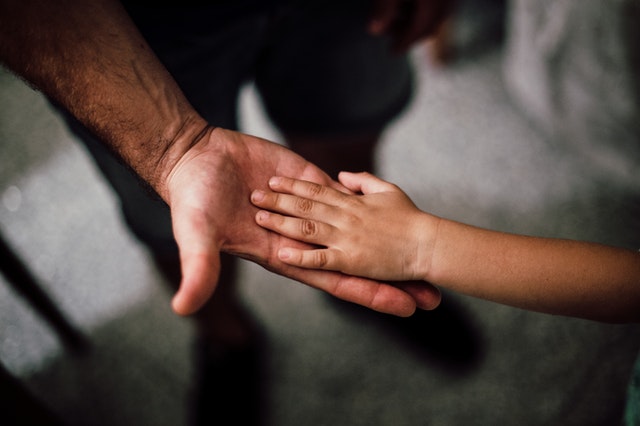Throughout the lockdown, parents may have noticed that their young ones are eager to spend hours on end together, never being satisfied with the amount of time they have. This behaviour is not unusual and may have to do with their feelings of insecurity.
Whether your child is young or slightly older, during the lockdown period you may start to see clingy behaviour. This change can be attributed to many factors, the most dominant of which is reduced social interaction with peers.
If you have been struggling with clinginess and are wondering how to handle it for the rest of the lockdown and once the lockdown ends, here are some tips.
1. Stick to a routine
A stimulating and regular daily routine is essential for giving your child a sense of security during this time.
Try to stick to a routine that your child can rely on as this is not only helpful to keep them on track when it comes to their academics but also supports their emotional and mental well-being.
Routines should also include time for parents and children to spend together, uninterrupted.
2. Be a calmness role model
What many parents don’t realise is that their children are highly perceptive. They easily pick up on your emotions and this can quickly affect their emotional states as well.
Make a habit out of checking in with yourself and your partner to ensure you’re sticking to presenting positive messages and an emotional stance of calmness and reassurance.
Keep your feelings of fear and anxiety at bay and allow your children to absorb feelings of safety and confidence from you instead.
3. Know how important you are to them
All of the changes that have taken place over the last few months have left many children feeling sad. With no friends to interact with, no school to visit and a lack of extra curricular activities, their lives have changed in a big way.
It is important for parents to realise that during this time, they are all their children have.
Children are replacing all of these activities and their usual routines with time spent with their parents. The way parents handle this time is crucial.
Source: Huffington Post
Picture: Pexels

